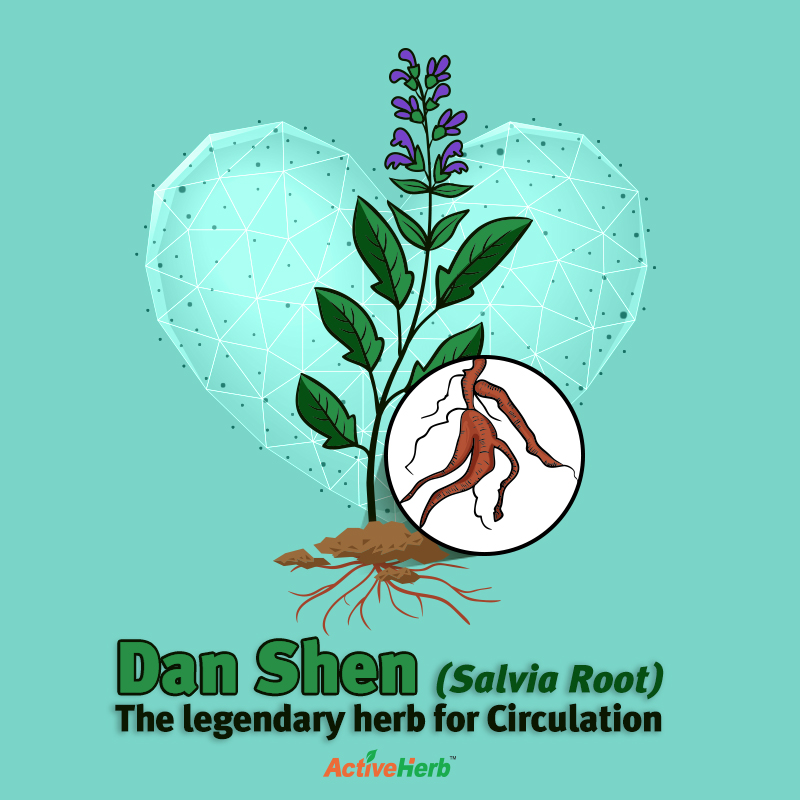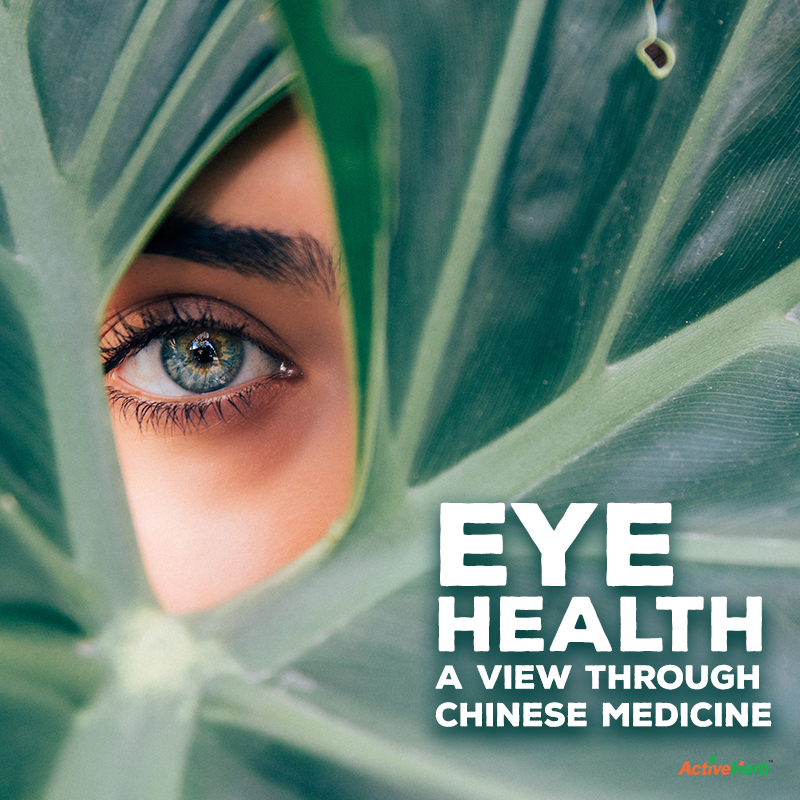Herbal Medicines: Are They Safe?

As someone who has worked for over 30 years in the field of cutting-edge biomedical research, I have witnessed the debate over the effectiveness and safety of herbal medicines.
Let’s examine a case from the July 2006 issue of the medical journal, The Lancet. A man who took a Chinese herbal medicine developed bladder cancer. The herbal formula he took is called Long Dan Xie Gan Wan, a formula that had previously been linked to Kidney damage in numerous cases. The Kidney damage is due to aristolochic acid, which is a natural compound of an herb used in the herbal preparation he took. Not realizing the risk to his health, the man took the formula for five years. What can we conclude? According to the authors of the report, the situation “highlights the dangers of unregulated herbal therapy.”
(Please note that ActiveHerb does not sell any product that contains aristolochic acid, and only sells a reformulated version of Long Dan Xie Gan Wan that is free from aristolochic acid.)
Another recent health discovery is a study found that acetaminophen — the active ingredient in Tylenol — damages the liver. The study, published in Journal of the American Medical Association, found that 40% of healthy adults taking maximal doses of Tylenol for just two weeks, showed abnormal liver test results. The adverse effect of acetaminophen on the liver has been known for a long time but the severity of this damage still came as a surprise. Considering that Tylenol is a nonprescription OTC medicine used by most, if not all of Americans in their life, what can we conclude here?
Clearly we can’t decide whether herbal medicines or OTC medicines are safe without analysis. We have to investigate further into what might contribute to the adverse effects for each type of medicine.
A common reason for drug side effects is taking medicine incorrectly. In the Long Dan Xie Gan Wan case, the man used it for enhancing the liver for over five years. However, the herbal formula in question is not used in traditional Chinese medicine (TCM) as a tonic, but rather it’s used for purging the liver. In addition, the herbal remedy is supposed to be used once in a while, but not continuously for years. In this situation, the man was not only taking the wrong medicine, but also for an improper duration. This is a clear case of both wrong selection, and improper use of herbal medicines.
In the case of acetaminophen, its accidental overdose causes 100 death and 13,000 emergency room visits a year in the US alone. Acetaminophen overdoses typically occur because it is included in many OTC and prescription drugs and people unwittingly combine multiple drugs containing acetaminophen. Another reason people take too much acetaminophen is due to the misinformed belief that larger doses will provide faster pain relief.
The well publicized side effects of ephedra belongs to misuse as well. While ephedra is a Chinese herb, it has never been used in TCM as a single herb for weight loss. Instead, ephedra is used in TCM in combination with other herbs to deal with health concerns unrelated to obesity, and no adverse effects have been found.
Drug side effects can also be attributed to poor product quality. While we can trust that the FDA is ensuring that every medicine on the market is made under the strictest quality control procedures, American manufacturing facilities from names like Johnson and Johnson had been shut down in recent years due to bleach in quality control procedures. Quality control of herbal medicines is certainly a major concern. One aspect of concern is the contamination of herbs by heavy metals (e.g., lead) and pesticides. There have been reports of toxicity caused by the excessive lead content in some herbal products.
Another aspect of concern is that pharmaceuticals are secretly added to herbs without being disclosed to consumers. For example, a proclaimed “all natural”, male enhancement formula may secretly contain the active ingredient of Viagra. A consumer of this purported “herbal” formula would see results, but due to the product’s non-herbal ingredients. Addition of prescription drugs to herbal formulas is not just misleading, it can cause dangerous drug interactions, as the user does not know the true contents.
We’d like to assure customers that ActiveHerb would never add prescription drugs to any of our herbal supplements, and all products are tested for heavy metal contamination. We take every step to make sure to provide the most safe herbal products on the market.
Finally, side effects are intrinsic to many medicines and cannot be avoided. Deciding to use a drug with negative side effects means weighing the risk of side effects against the reward of treatment. That’s why consulting with a doctor is required before taking most prescription drugs. Because every drug has its own unique side effects and dangers, and it’s the doctor’s role to make sure you receive the right type of drug and dosage for your particular condition.
Remember Vioxx, the blockbuster painkiller withdrawn by Merck at the end of 2004? Vioxx is estimated to have caused 140,000 cases of serious coronary heart disease! Multiple sclerosis drug Tysabri is a different story. After being linked to several patient deaths, the drug was taken off the market in early 2005. Tysabri has since returned to the market, but with more restrictions on its use.
Like their pharmaceutical counterparts, herbal medicines may also carry side effects. Many people believe that herbal medicines have fewer side effects overall. This notion seems to be supported by infrequent occurrences of adverse drug reactions in China where TCM is widely used. A vast majority of adverse drug reactions reported in China are caused by chemical drugs. Most TCMs are classified as nonprescription drugs in China and have good safety profiles when used properly.
Herbal medicines including TCM are regulated in the US as dietary supplements. This status of dietary supplements partly reflects their origin as food, and their chemically benign nature. From a historic perspective, herbal medicines have been developed through a trial-and-error process on the human body over thousands of years, much like how mankind determined which plants are safe to eat, and discover drug safety through clinical trials.
In the end, what can we conclude? Side effects are a very serious consideration for any sort of medical treatment either Western or Chinese. It’s critical to use the right product, of the right quality, for the right application, dosage, and duration. Any compromise or omission may be detrimental to our health.






